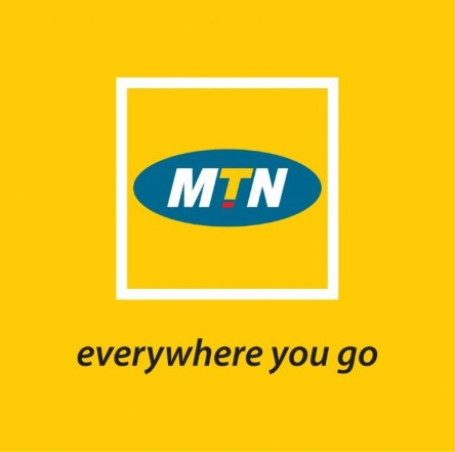Ghana: Five Million Subscribers Patronise MTN Mobile Money Per Month

JUNE 19,2014.
THE CHRONICLE.
Telecommunications giant, MTN Ghana has announced that more than five million subscribers are transacting businesses through the MTN Mobile Money in a month.
Out of that figure, over two million are registered on the platform, officials of the telecom service provider told the Business Chronicle. These figures, the newspaper learnt, are higher than the monthly transactions of some of the commercial banks operating in the country.
Some industry watchers say that the growth of mobile money services threatens microfinance firms and the banks as well. However, the Senior Commercial Manager of Sales and Distribution at MTN Ghana, Eli Hini argued: "The growth of Mobile Money rather complements the business of microfinance/banks because it provides tools/solutions to enhance their offerings/services".
"Customers are now able to receive their loan disbursements into their Mobile Money wallets wherever they are and are able to make loan repayments without visiting the branch", he added. In an effort to bring mobile money services to the doorsteps of subscribers, MTN Ghana's Mr. Hini said his outfit had partnered a number of banks including Access Bank, Agricultural Development Bank (ADB), Cal Bank, Ecobank, Fidelity, GT Bank, Universal Merchant Bank, Stanbic, UBA and Zenith.
MTN Ghana, which is the largest telecom network, is available across Ghana in all the Metropolitan, Municipal and District Assemblies (MMDAs) and key villages and towns in the country, so as the mobile money or mobile banking platform. It is available in all the 77 MTN service centres and connects stores doted across the country. The mobile money services are also available at the partner banks mentioned above, Hini emphasised.
The operation of the MTN Mobile Money has been authorised by the National Communications Authority (NCA) and backed by law of the land. Touching on the differences between MTN Mobile Money and the other two competing mobile money service providers, Mr. Hini explained: "The differences are mainly in following areas -The services we offer; and number and partner banks - we have highest 10.
"In addition, we are the first to launch, and market leaders in the industry. Otherwise, the concept is the same - mobile wallets," he added. Mr. Hini encourages all and sundry to register and use the mobile money and become an advocate for this wonderful service, saying it is faster, convenient and fraud free. He expects mobile money in the next five years, to change the payment landscape in Ghana, and increase the percentage of subscribers using the service in the West African country.
Mr. Hini added: "Our ambition is to see mobile money becoming the leading mode of payments in Ghana, Africa and the world and driving cashless transactions in the next five years. "The plan is already ongoing, using various platforms including the media to educate MTN and other subscribers about the numerous benefits of using mobile money," he said. Mobile banking, which MTN Ghana and two others are offering to Ghanaians, is one such example, where digital services, via the mobile phone, have moved beyond urban centres to peripheral surroundings and beyond, with significant uptake and usage in rural areas.
Such areas in Sub-Saharan Africa including Ghana typically experience significantly more social challenges, such as unemployment, and a lack of adequate and organised transportation systems when compared to their urban counterparts. The Regional Head of Ericsson Sub-Saharan Africa, Fredrik Jejdling stressed: "Mobile banking has provided consumers with cheaper access to their finances due to a reduced need to travel and the lower overall cost of using a mobile phone for financial transactions".
The large number of people in Sub-Saharan Africa who do not have bank accounts suggests that mobile phones may be the only way that many people will be able to access financial services. There is strong interest in mobile financial services in Sub-Saharan Africa. 58 percent of mobile users in the region show an interest in using mobile banking and mobile wallets in future, according to Ericsson's latest report on mobility.
This innovation is boosting financial inclusion at all levels of society across the region. Digital technology is fast becoming a part of everyday life in Ghana, Nigeria, Kenya, among others in the Sub-Saharan Africa region. Because of this, operators, governments and an array of enterprises in the region are looking to develop services and products that meet the needs of the growing ICT user base.
 Africas leading resource for digital financial services
Africas leading resource for digital financial services


comments